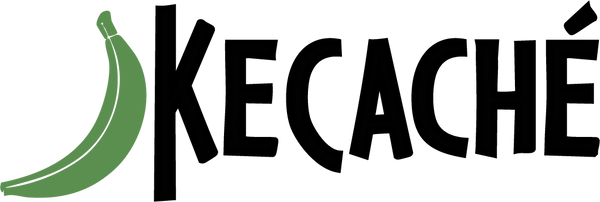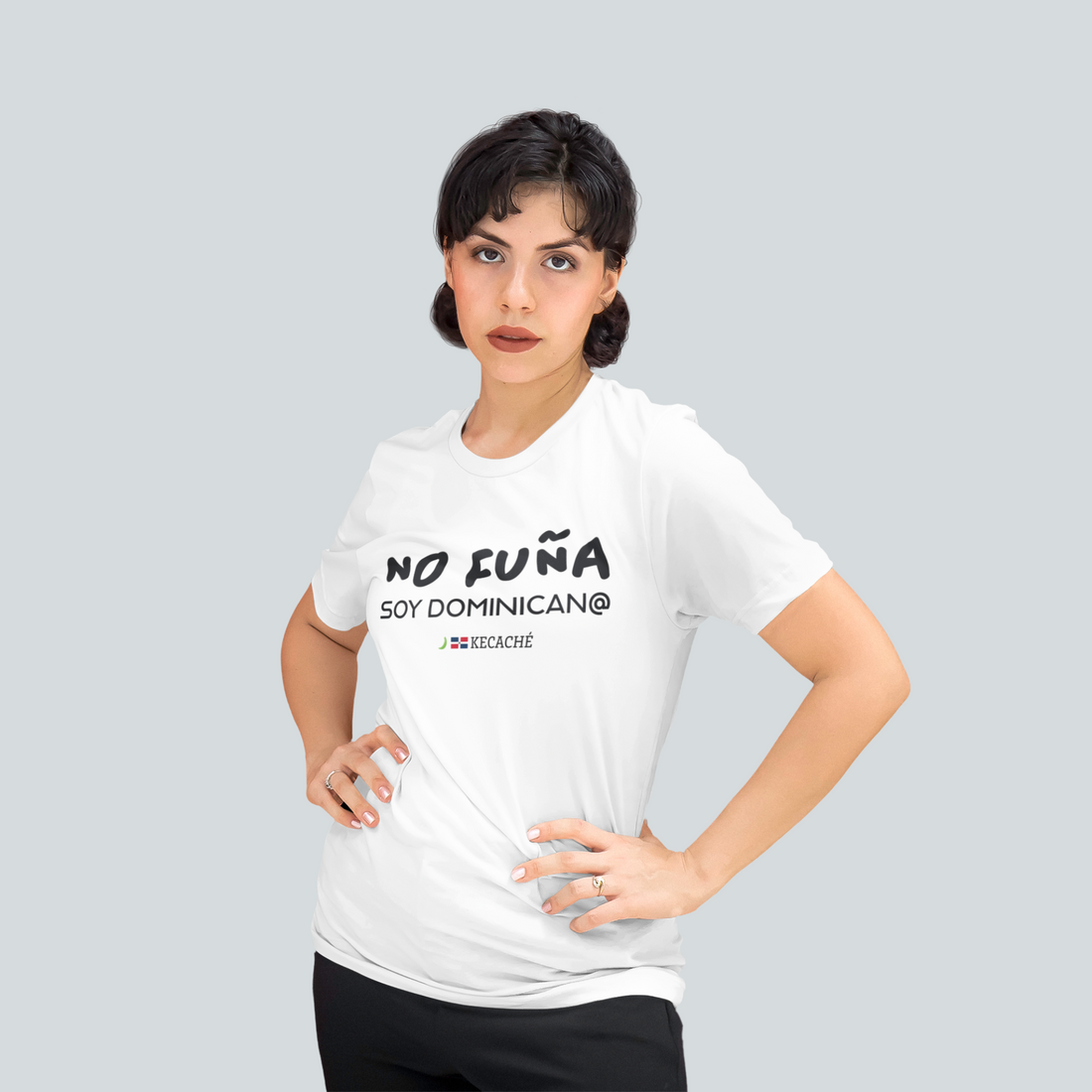Dominican Slang: A Reflection of Cultural Diversity and History
Dominican slang is a reflection of the cultural diversity that has influenced the Dominican Republic over the centuries. From colonial times to the present, the language on the island has been shaped by various cultures, creating a unique and creative vocabulary that characterizes Dominicans. These everyday expressions are not only fun and colorful but also deeply rooted in the region's historical and cultural experiences. Here, we’ll explore the origins of some Dominican slang terms and how they became part of popular language.
Influences of Taíno, Spanish, and African Cultures
1. The Taínos
Before the arrival of colonizers, the Taínos inhabited the island, and many of their words are still used in Dominican language, especially for naming natural elements, foods, and places. Although the Taínos disappeared as a dominant ethnic group due to colonization, their words have endured. Some examples include words like "hamaca" (hammock), "yuca" (cassava), and "batata" (sweet potato). While these words aren’t considered slang, they are an important part of the linguistic foundation, showing how Dominicans adopted and adapted indigenous words.
2. Spanish Influence
With colonization, Spanish became the official language, and many typical Spanish words and expressions were integrated into the spoken language. Over time, however, Dominicans began to adapt these expressions and create new ones. The interaction with various Spanish groups from different regions contributed to a variety of accents and expressions.
3. African Heritage
The arrival of enslaved Africans on the island also left a mark on Dominican culture and language. Many words of African origin were adapted to the Spanish spoken on the island, while others contributed to the development of slang and colloquial expressions. Music and dance, such as merengue and bachata, with African-rooted words and rhythms, have also influenced the way Dominicans express emotions and experiences through language.
Examples of Dominican Slang and Their Origins
1. Tiguere
This term originates from the word "tigre" (tiger), but in the Dominican Republic, it has evolved into "tiguere," describing a clever, resourceful person who always finds a way to move forward. A "tiguere" embodies the Dominican skill to adapt and find solutions, a characteristic likely developed from the need for survival in tough times.
2. Concho
"Concho" refers to informal public transportation, usually on motorcycles. Although its exact origin is uncertain, this word reflects Dominican creativity in creating terms for local situations, where motorcycle transport is common.
3. Vaina
"Vaina" is an extremely versatile word that Dominicans use to refer to almost anything or any situation. Though it has roots in peninsular Spanish, in the Dominican Republic it has become a catch-all expression adaptable to various contexts. "Vaina" could refer to a problem, an object, or a situation: "Esa vaina no sirve" (That thing doesn’t work) or "Qué vaina tan buena" (What a great thing).
4. Jeva/Jevo
These words, of uncertain origin, are used to refer to a romantic partner. The expressions reflect the closeness and affection typical of relationships in Dominican culture. Although they don’t have a precise historical root, they illustrate how Dominicans create affectionate terms for significant people and relationships.
5. Chévere
The word "chévere" is of African origin and means something excellent, cool, or good. This expression has spread to many other Latin American countries, but in the Dominican Republic, it has a daily use that represents positivity or something that’s widely acceptable.
Modern Influence and the Evolution of Slang
With globalization, Dominican slang continues to evolve, influenced by contact with other cultures through music, the internet, and media. Urban music, especially reggaeton and dembow, has introduced new words and expressions that young Dominicans quickly adopt.
Dominican slang is not only a reflection of the island’s cultural history but also a source of connection and pride for those who speak it. Every word carries a story, a context, and an emotional weight, turning language into an authentic expression of the Dominican spirit.
Dominican slang is much more than words; it’s a living expression of identity, a blend of history, culture, and creativity that fills us with pride and deeply connects us. If you've ever felt the joy of saying “¡qué chévere!” or identified with the cleverness of a “tiguere,” you know these words represent much more. At KeCaché, we honor this essence with our Dominican T-shirts, each one featuring authentic phrases that capture the spark and flavor of our country. Visit us and carry a piece of our culture with you!
References:
_____________________________________________
Cultura Dominicana: History and Language
Blog de Cultura Dominicana. “Origen de las palabras taínas y africanas en el español dominicano.” Published March 15, 2023. [CulturaDominicana.com](https://www.culturadominicana.com/origen-palabras-taínas-africanas)
Dominican Slang
Pérez, Juan. “Influences of Language and Popular Expressions in the Caribbean.” Revista de Lengua y Cultura del Caribe*, vol. 5, no. 3, 2022, pp. 45-59.
Dictionary of Caribbean Spanish
Foundation for the Study of Language. “Dictionary of Slang and Expressions in the Dominican Republic.” Accessed 2023, [fundaciondelalengua.org](https://www.fundaciondelalengua.org/diccionario-caribeno).
African Cultural Influence in the Caribbean
Rodríguez, Marta. “Words of African Origin in Latin America.” Historia y Lenguaje Latinoamericano*, vol. 12, no. 1, 2021, pp. 32-38.






